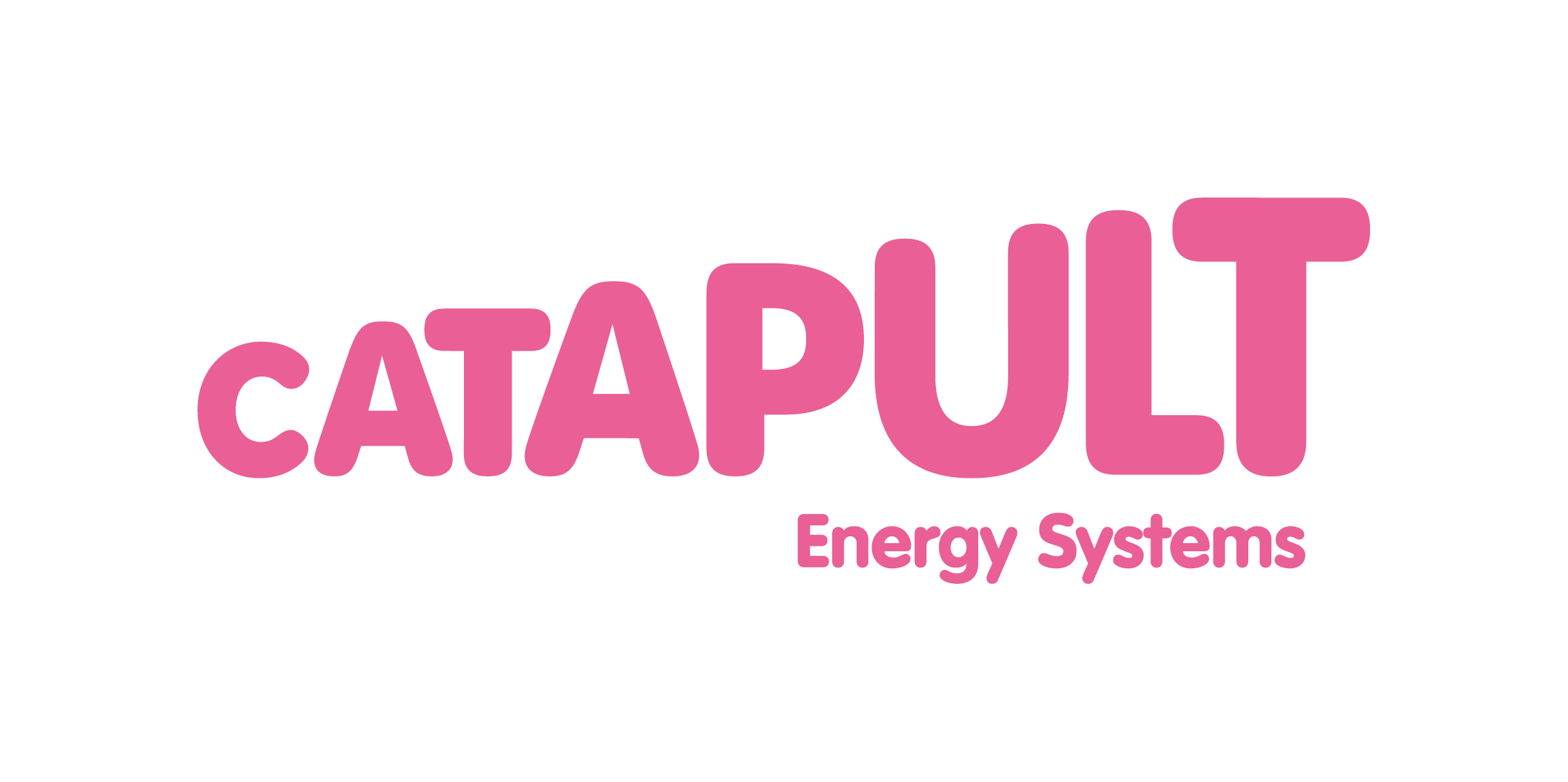Business models outline a method on how to create, capture and distribute value.
A business model describes how an organisation creates, delivers, and captures value, in economic, social, cultural or other contexts form its assets, projects, services and interventions. The process of business model construction and modification is also called business model innovation and can form a part of a strategy.
In theory and practice, the term business model is used for a broad range of informal and formal descriptions to represent core aspects of an organisation or business, such as local authorities, including purpose, offerings, customers, strategies, resources, organisational structures, procurement, trading practices, and operational processes and policies.
Pillars of a business model
A good business model answers the following questions about viability, feasibility and desirability.
Viability
Is the business model commercially viable?
- Identifying revenue generation streams
- Identifying cost saving/avoidance opportunities
- Investigating other factors that can influence commercial viability
- Illustrating commercial benefits of business models using example projects
Feasibility
What is needed to deliver the business model?
- Mapping out and detailing key stages of project delivery
- Exploring specific feasibility considerations for each business model through desk-based research and external engagement with industry experts
- Exploring lessons learned through external engagement with local authorities
Desirability
What is the value of the business model to a local authority?
- Exploring the value of different roles local authorities may assume in the short-term business models
End of Preview

